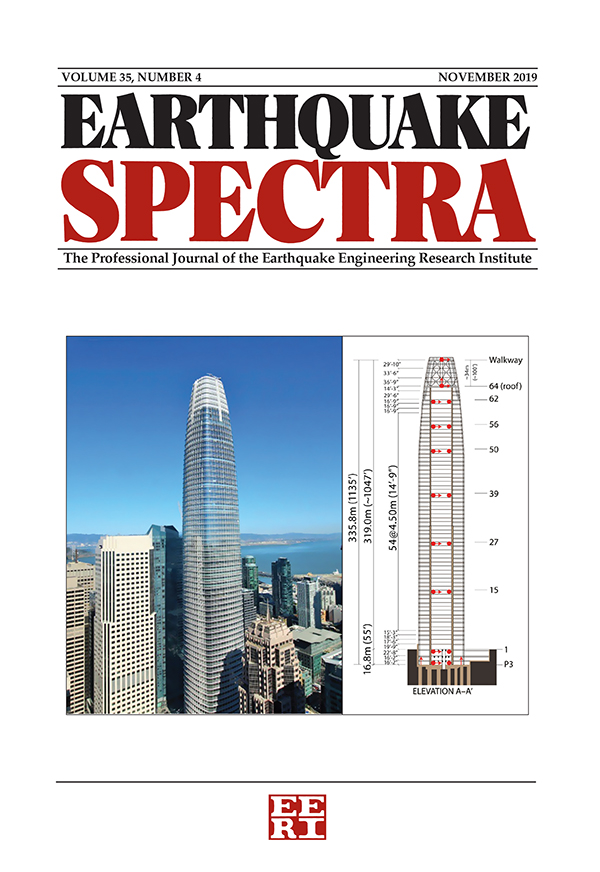A database and empirical model for earthquake post-loss amplification
IF 3.7
2区 工程技术
Q2 ENGINEERING, CIVIL
引用次数: 0
Abstract
The impact of destructive earthquakes might exceed the local capacity to cope with disasters and lead to an increase in the reconstruction costs. This phenomenon is commonly termed as post-loss amplification, and its main causes include the increase in the cost of construction materials and labor due to the sudden demand, the need to reconstruct following higher standards, or other unexpected costs. We reviewed 70 past earthquakes to identify events where post-loss amplification was observed, and collected a set of seismogenic, socio-economic, geographical, and impact variables for those events. Using this database, we developed two models to predict post-loss amplification, using a composite indicator that reflects the level of destruction in the region, or a parameter that characterizes the frequency of the event. This study indicates increased costs (>10%) for events where the economic losses exceed 1% of the regional gross domestic product, or for events with an estimated return period of at least 10 years. These models can be applied directly in the amplification of economic losses in earthquake scenarios or in probabilistic seismic risk assessment.地震后损失放大的数据库和经验模型
破坏性地震的影响可能超出当地应对灾害的能力,导致重建成本增加。这种现象通常被称为“损失后放大”,其主要原因包括突如其来的需求导致建筑材料和人工成本的增加,需要按照更高的标准进行重建,或其他意想不到的成本。我们回顾了过去的70次地震,以确定观测到的损失后放大事件,并收集了这些事件的一系列地震成因、社会经济、地理和影响变量。利用这个数据库,我们开发了两个模型来预测损失后的放大,使用一个反映该地区破坏程度的综合指标,或一个表征事件频率的参数。该研究表明,经济损失超过区域国内生产总值1%的事件,或预计回报期至少为10年的事件,其成本会增加(>10%)。这些模型可以直接应用于地震情景中经济损失的放大或概率地震风险评估。
本文章由计算机程序翻译,如有差异,请以英文原文为准。
求助全文
约1分钟内获得全文
求助全文
来源期刊

Earthquake Spectra
工程技术-工程:地质
CiteScore
8.40
自引率
12.00%
发文量
88
审稿时长
6-12 weeks
期刊介绍:
Earthquake Spectra, the professional peer-reviewed journal of the Earthquake Engineering Research Institute (EERI), serves as the publication of record for the development of earthquake engineering practice, earthquake codes and regulations, earthquake public policy, and earthquake investigation reports. The journal is published quarterly in both printed and online editions in February, May, August, and November, with additional special edition issues.
EERI established Earthquake Spectra with the purpose of improving the practice of earthquake hazards mitigation, preparedness, and recovery — serving the informational needs of the diverse professionals engaged in earthquake risk reduction: civil, geotechnical, mechanical, and structural engineers; geologists, seismologists, and other earth scientists; architects and city planners; public officials; social scientists; and researchers.
 求助内容:
求助内容: 应助结果提醒方式:
应助结果提醒方式:


